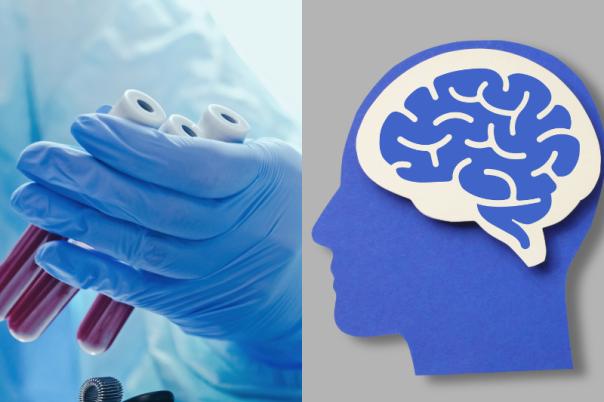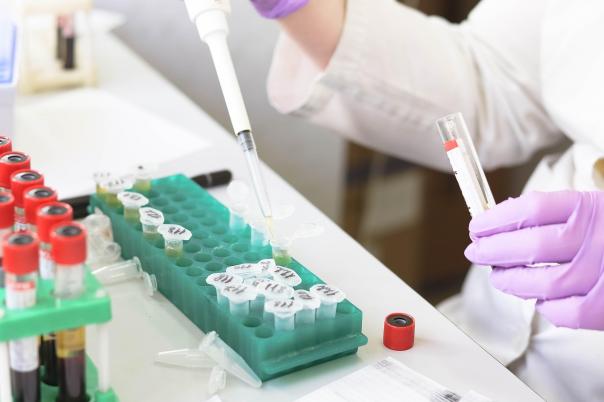Liquid biopsy is a promising alternative or complement to surgical biopsy. The new form of testing involves the sampling of blood to detect tumour DNA and other cellular components. Due to its less-invasive nature compared to traditional ways of diagnosing and monitoring cancer, the technology is ideal for routine screening and offers great promise in improving the comfort and efficacy of cancer tests.
Tim Aitman, the director of the Centre for Genomic and Experimental Medicine and a professor at the University of Edinburgh, presented on the development and implementation of biomarkers for liquid biopsy. Aitman highlighted the significant commercial potential of liquid biopsy, projecting it to become a multi-billion-pound market.
He provided an example from breast cancer treatment, where the presence of circulating tumour DNA after treatment indicated a poorer prognosis. This demonstrated the potential of liquid biopsy in detecting minimal residual disease and guiding treatment decisions.
He then discussed the application of liquid biopsy in head and neck cancer, particularly oropharyngeal cancer. Aitman's team developed droplet digital PCR assays to detect HPV DNA in the blood, showing high concordance with traditional tissue assays. The study followed patients longitudinally, revealing that the disappearance of HPV DNA from the bloodstream correlated with better outcomes. This assay was adopted by the Scottish NHS for testing other HPV-related cancers.
Aitman also explored the potential of liquid biopsy in monitoring radiotherapy efficacy and toxicity in prostate cancer patients. He proposed that analysing DNA methylation profiles could detect DNA from both tumours and surrounding healthy tissues, providing insights into treatment efficacy and side effects. Initial studies showed promising results, detecting tumour DNA and DNA from surrounding tissues in patients experiencing toxicity.
However, Aitman acknowledged challenges, such as the timing of side effects and the need for rapid assay protocols. He mentioned advancements in technology, like Oxford Nanopore's rapid methylation analysis, which could offer potential solutions. He concluded by expressing optimism about the clinical utility of HPV ddPCR and the exciting prospects of liquid biopsy in radiotherapy.





